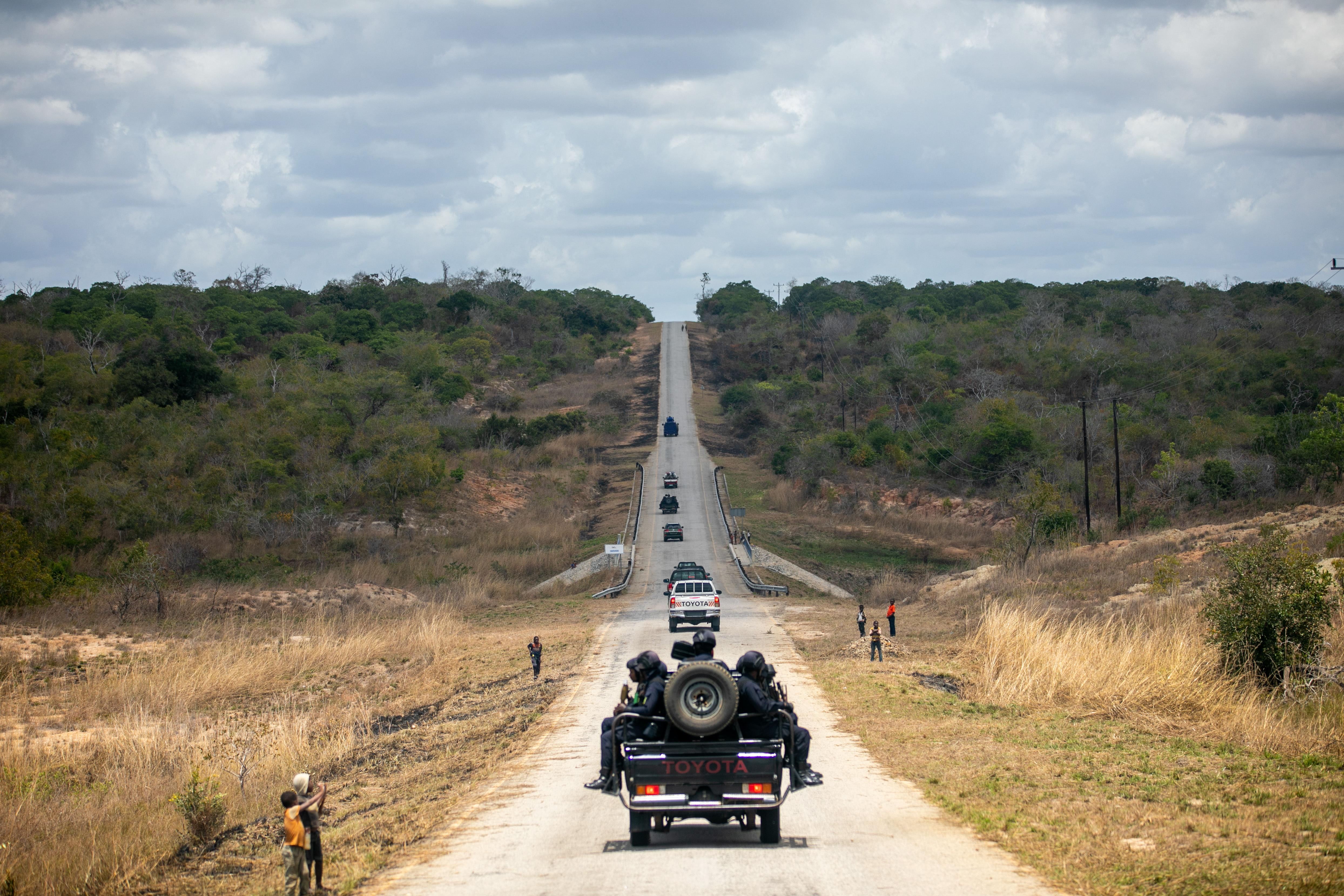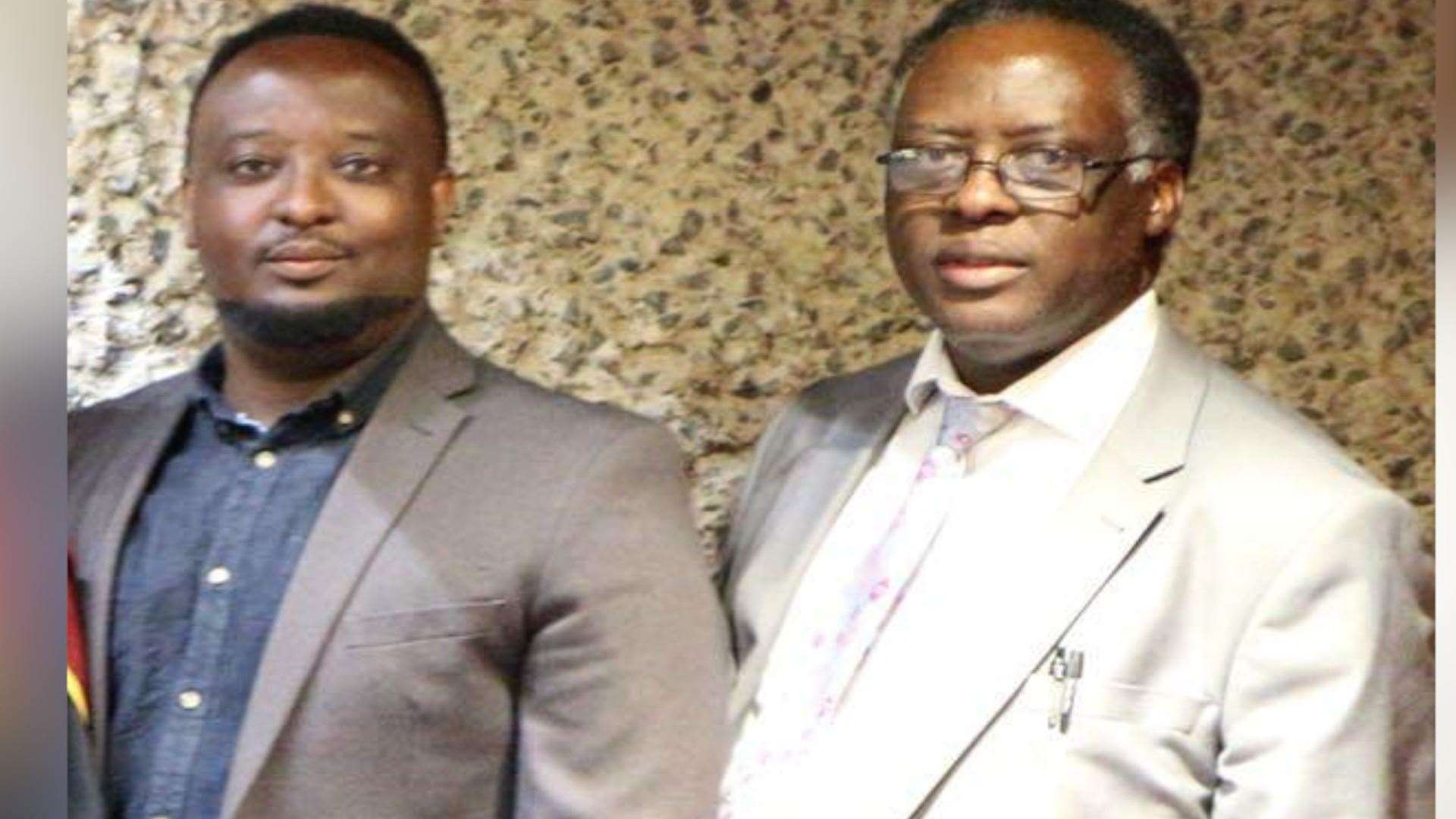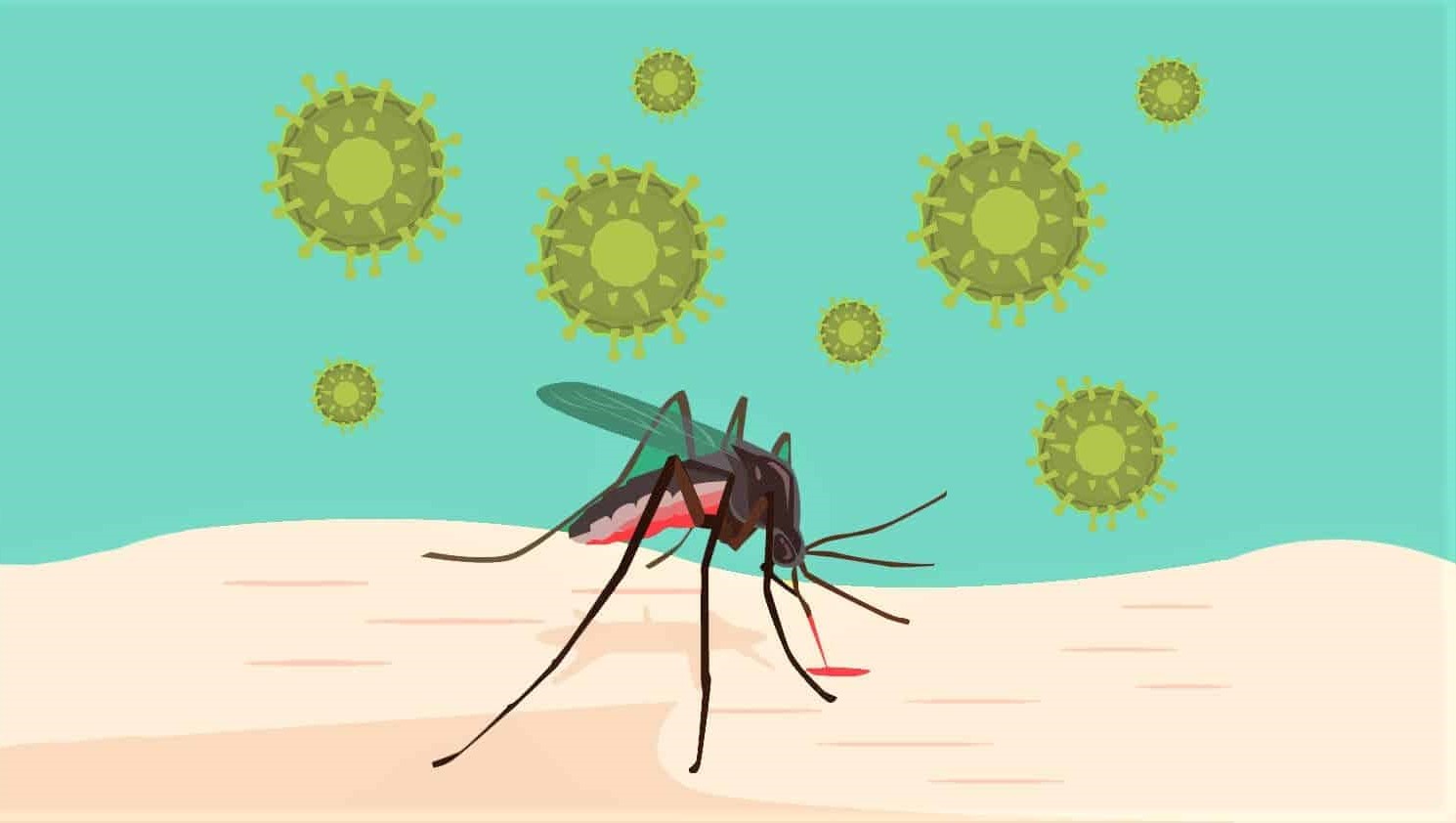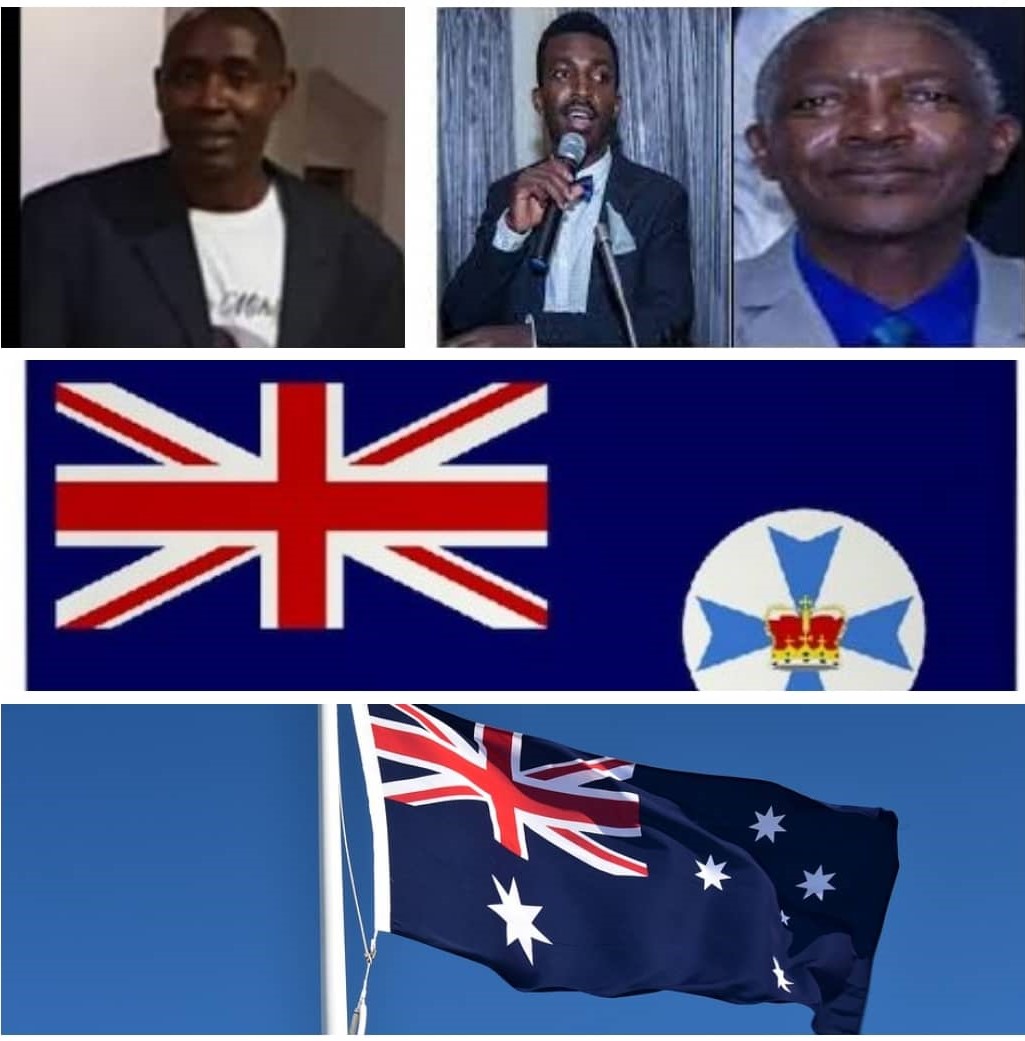International
Rwanda’s military intervention in Africa rebrands continent’s image

Following
the end of European colonialism in Africa in the late 1950s and 1960s, it was believed
that the continent would turn into little a heaven for Africans. Controlling their
own resources, owning back their land, being free from slavery, living a better
life, and choosing their leaders was their longtime dream.
However,
more than 60 years later, around 460 million Africans live below the global
poverty line. They represent more than 70 percent of the world’s poorest
people. Africa faces many challenges like cultural conflicts and ethnic
cleansing, which directly affect its impoverished status in the world.
To
date, more than a dozen African countries face insecurity and conflict. In 2021
alone, there were six coup attempts on the continent, four of them successful.
An
intense political crisis, insurgency, and terrorism are some of the factors
that followed the colonial period in Africa, resulting into corruption, greed
for power and wealth, mismanagement of resources, and most importantly, lack of
unity among African nations.
Unlike
the Western world, rarely did the 54 African nations and eight regional
communities of the African Union support each other and successfully restore
lasting peace in countries with unrest. The United Nations deployed troops to
protect civilians and reduce some of the worst consequences of war but they are
often deeply flawed.
However,
a small landlocked country in East Africa, Rwanda, recently produced a unique
and bold solution to conflicts on the continent.
The
country is restoring peace by independently deploying troops at the invitation
of a host state’s leader. By becoming Africa’s counter-terrorism powerhouse,
Rwanda is making a significant break in the history of post-colonial
Sub-Saharan Africa. From West to Central to Southern Africa.
In
December 2020, under a bilateral agreement, Rwanda deployed troops in the
Central African Republic (CAR) to quell election violence and protect
peacekeepers. The call came after the rebels aligned with François Bozizé,
former president of CAR, from 2003 until 2013, were advancing on Bangui, the
country’s capital to delay elections and oust president Faustin-Archange Touadera
who was seeking reelection.
When
Rwanda got the call to stop the rebel advance, they reacted fast. Within 48
hours, Rwanda sent their competent and well-trained troops to Bangui. Within a
month, security forces backed by Rwanda and Russia not only beat the rebel
blockade of the capital to enable aid but also ultimately captured the rebel
stronghold.
After
almost one year, in July 2021, Rwanda also deployed troops in Cabo Delgado
province of Mozambique, at the invitation of President Filipe Nyusi, to help
fight the terrorists, stabilize the area and restore the authority of the
state.
The
Mozambican government had been fighting ISIS-linked terrorist group since 2017
but failed to rout them. President Nyusi spent an estimated $154 million on
private military companies such as Russia’s Wagner Group to support the
nation’s army but failed to improve the situation. Militants continued to grow
in strength, capturing towns like the key port city of Mocímboa da Praia, and
carrying out periodic attacks along the Tanzanian border.
The
conflict took over 3,700 lives and forced more than 800,000 people to flee
their homes.
Barely
two weeks after landing, Rwandan and Mozambican forces were circling major
bases of the terrorists and capturing them, in quick succession. Within one
month, they took back the port of Mocímboa da Praia from the jihadists who had controlled
the port for over a year.
The
joint Rwandan and Mozambican forces secured their area of responsibility and
moved citizens back into the area they control. People started working and
engaging in all other socio-economic activities after five years living in fear
and suffering due to terrorism.
It
was only through Rwanda's successful intervention that the restarting of a $20
billion (€17 billion) liquefied natural gas project operated by French energy
giant Total, can be contemplated.
It
is also more likely that Rwanda could send its troops to northern regions of the
West African country, Benin, to fight jihadists that have wreaked havoc in the
Sahel region.
After
being abandoned by the International community during the 1994 genocide against
the Tutsi, Rwanda learned an important lesson. This is what drives the nation in
helping other African countries to restore peace and security as well as build
the spirit of African solidarity.
Rwandans
seek to work hard towards self-reliance because the time for depending on
others is no more. In 1994, Rwandans learned that they can only rely on
themselves. They know that self-reliance does not mean no cooperation and, as
such, they have to work with others.
Modern
Rwanda is founded on Rwandans' common identity as one people. Rwanda today does
not discriminate. It values the contribution of every Rwandan. It cooperates
with nations in Africa and beyond.
Today,
Rwanda is a dignified nation not just recognized in the region, but also across
the world.
Rwandans'
achievements are founded on their unity. Their history taught them the lesson
that their past should not be their future.
Rwandans
are writing a new destiny for their nation, one based on unity, hard work,
truth and self-reliance. And this is the spirit that Africa, and Africans, need
to embrace.





.jpeg-20230424092145000000.jpeg)
